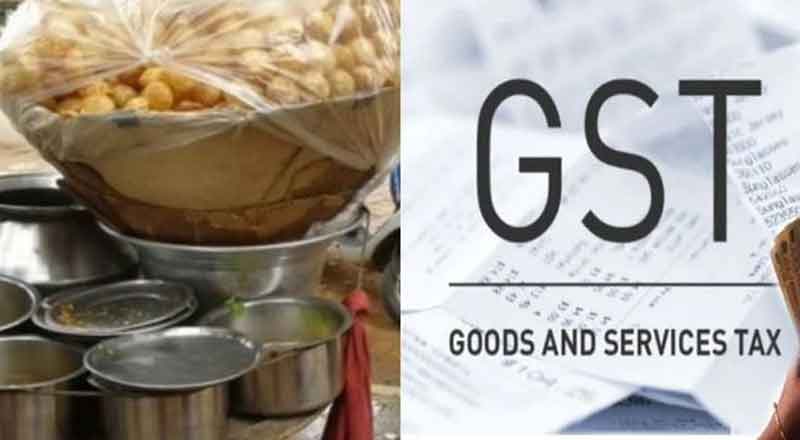- India, the world’s largest exporter of rice, recently imposed a ban on all exports of non-basmati white rice, to keep domestic prices in check.
- In the US, the impact of this ban is being felt by the large NRI community.
- Local grocery stores have reported an increase in sales of rice bags, with some customers buying in bulk.
- The rice ban has caused panic buying in the Telugu population in North America, Europe, and West Asia due to the possibility of rice scarcity.
- After India’s ban on white rice exports, Thailand and Vietnam hiked prices.
India, the world’s largest exporter of rice, recently imposed a ban on all exports of non-basmati white rice. This decision was taken to keep domestic prices in check, as they had climbed to multi-year highs due to erratic weather-threatening production. The ban has not only affected the global rice market but also sparked fears of inflation.
The recent ban on rice exports by India has led to a surge in the price of this staple food, causing concern among Non-Resident Indians (NRIs) in the United States (US). As a result, many NRIs are resorting to bringing home dozens of rice bags from their local grocery stores in anticipation of a potential shortage and further price hikes.
In the US, the impact of this ban is being felt by the large NRI community. Many are worried about the availability and cost of rice, leading to a rush to stock up on this essential commodity. Local grocery stores have reported an increase in sales of rice bags, with some customers buying in bulk.
The rice ban has caused panic buying in the Telugu population in North America, Europe, and West Asia due to the possibility of rice scarcity, The Times of India reported. As a result, long lines have formed outside Indian grocery stores throughout the region, the report added. “A bag of 9kg rice is sold at $27.”
Panic buying has been witnessed in major cities such as Texas, Michigan, and New Jersey. Here in these cities, some stores have imposed sales limits, such as selling only one rice bag per customer.
Thailand and Vietnam increased rice prices by $5-10 a tonne on Friday even as the global rice market switched to a “wait and watch mode” after India banned exports of (non-basmati) white (raw) rice with immediate effect on Thursday evening.
However, traders and analysts expect both rivals of India, the numero uno rice exporter, to increase prices by at least $50 a tonne when the market opens next
Rice is a staple food for more than 3 billion people worldwide, with nearly 90 percent of this water-intensive crop being produced in Asia. The export ban by India, which accounts for 40 percent of the world’s rice exports, has significantly impacted the global supply chain. Asian rice trade paused to digest the implications of this ban, with traders predicting that prices would climb substantially in the coming days.
(With inputs from agencies)





